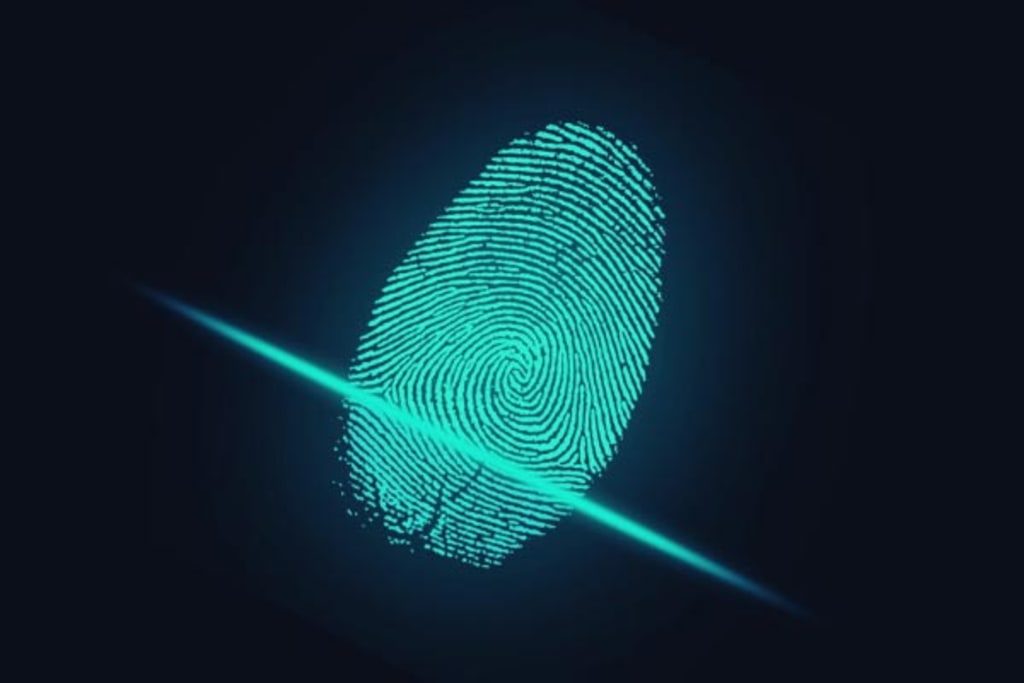Biometric Authentication and Identity Management
By Cyberticles

Introduction
In the digital age, identity management has become a critical aspect of security. Biometric authentication is an advanced technology that uses a person's unique biological traits to provide access control to different systems and devices. These traits include fingerprints, iris, voice, facial recognition, and more. Biometric authentication has become increasingly popular in various industries such as finance, healthcare, government, and law enforcement. In this blog post, we will explore biometric authentication, its various applications, advantages, and challenges.
Applications
Biometric authentication has various applications, and it is being used in different devices, including smartphones, laptops, tablets, and even cars. In smartphones, biometric authentication is used to unlock the device, make payments, and access various apps. It is also being used in laptops and tablets to provide secure access control to sensitive data. Biometric authentication is also being used in cars to provide access control to the vehicle's features and functions.
Another significant application of biometric authentication is in the healthcare industry. Biometric authentication can be used to access electronic health records, which contain sensitive and personal medical information. This ensures that only authorized personnel have access to the information, and it also prevents unauthorized access and theft.
Security
In the government and law enforcement sector, biometric authentication is being used to prevent identity fraud, secure borders, and track criminals. Biometric data such as fingerprints and facial recognition are being used to identify criminals and track their movements. This technology has significantly improved the security and efficiency of the law enforcement sector.
One of the significant advantages of biometric authentication is its accuracy and security. Unlike traditional security measures like passwords and PINs, biometric authentication cannot be easily replicated, making it highly secure. Biometric authentication also reduces the risk of identity theft and fraud, which can be costly and damaging.
Advantages
The advantages of biometric authentication are numerous. Firstly, biometric authentication is highly accurate and secure. Unlike traditional security measures like passwords and PINs, biometric authentication cannot be easily replicated, making it highly secure. This makes it difficult for hackers to gain access to sensitive data or systems.
Secondly, biometric authentication is convenient and user-friendly. Users do not have to remember complex passwords or carry security tokens with them. Instead, they can simply use their biological traits like fingerprints, voice, or facial recognition to gain access to different systems and devices.
Thirdly, biometric authentication is fast and efficient. It takes only a few seconds to verify the identity of the user, making it much faster than traditional security measures like passwords and PINs.
Challenges
Despite its advantages, biometric authentication has its challenges. One of the significant challenges is the cost of implementation. Biometric authentication technology is expensive, and it requires specialized equipment and software. It is also essential to ensure that the biometric data is stored securely and is not vulnerable to cyber-attacks.
Another challenge is the privacy concerns of biometric data. Biometric data is highly sensitive and personal, and there are concerns about its misuse and abuse. It is crucial to have proper regulations and laws in place to protect the privacy of biometric data.
Conclusion
In conclusion, biometric authentication is a highly advanced technology that has become a significant aspect of identity management. It is secure, accurate, and has various applications in different industries. Biometric authentication has advantages over traditional security measures like passwords and PINs, but it also has its challenges. It is essential to ensure that proper regulations and laws are in place to protect the privacy of biometric data and to address the cost of implementation. As the technology advances, biometric authentication is expected to become even more prevalent and widely used in various industries. Biometric authentication has the potential to revolutionize the way we think about security and identity management.
Reference
About the Creator
cyberticles
Get the latest tech news on our website! From AI to cybersecurity, IoT to software releases, we've got it all covered. Stay up-to-date with innovation, startups, and gadgets. Visit us at https://bit.ly/3nHWAXp.






Comments
There are no comments for this story
Be the first to respond and start the conversation.